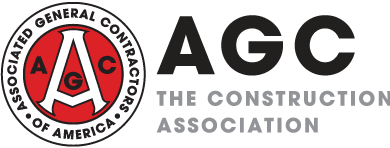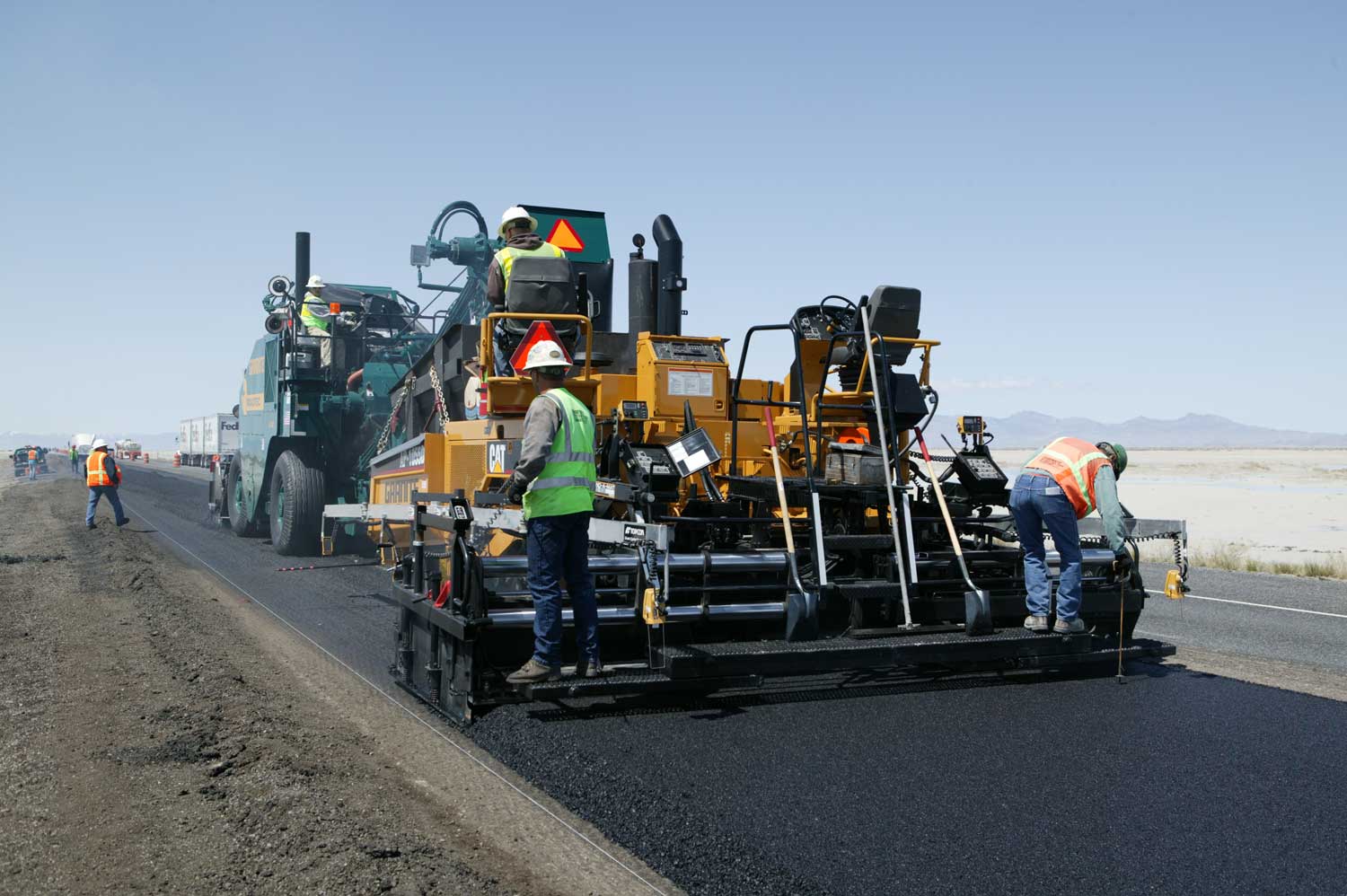
I think it’s important to talk about technology and construction, but I hope to give a slightly different perspective. I’m definitely not an expert, and you’re not going to read about which device or software program you should be using. My viewpoint comes from my own experience in the industry for more years than I care to admit.
I’d like to preface this discussion with a little background on my career. It started in my teen years, when I was working for a gentleman who owned a couple of rubber-tired backhoes that he rented out. One was rented with an operator. The other, an old Massey-Ferguson, was rented without an operator, to anyone willing to climb in the seat and drive it off the premises.
One day, an acquaintance came in with a desperate situation – a waterline had broken on his hotel property and he needed someone to dig down and expose the line for them. My boss looked at me and said, “You can run this backhoe for him, right?” Well, I had unfolded and folded the boom a few times to grease it, and also driven it down to the station at the bottom of the hill to fill it with diesel. So I figured, why not?
That was the beginning of a construction career that I’d never envisioned before that date. That first day as an “operator” turned into another, and then another, and before long, I was getting pretty good at it. Then the other operator quit, and I was there to take his place.
From there, I went to work for a concrete construction company that needed a backhoe operator. Then one day, they needed help mucking concrete, and I gave that a try. Later, they needed help pouring a slab, so I had my first day as a “finisher”. The story and career go on from there – laborer, mason, form carpenter, equipment operator, foreman, general superintendent, project engineer, project superintendent, and project manager.
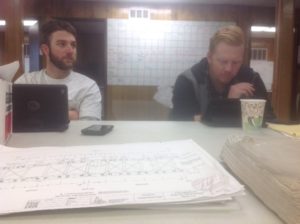
Love of Technology Is Key
Through it all, there was one skill that kept moving me forward. It came from a love of technology. I bought my first computer when they were just emerging on the market: overpriced little boxes that were nothing more than an abacus compared to what they are today.
I got it home, eager to do something with it, and then realized that it didn’t do anything. It needed something called a program. It had two 5.25 in floppies (remembers those?), but no hard drive. I bought a word processor program from Radio Shack – it was the only “program” they had. I took a short course in BASIC programming at the community college.
All of this led to a point where I was asked to help set up my company’s first computer network. I’d never set up a network before, or even worked on one, but I figured it out. I definitely credit my computer skills with opening the door for my current situation, where I get to play with computers all day long.
Mine was not what I’d consider a normal path to construction management. No college degree, no formal training. I hate to even use the term, but it really was just the school of hard knocks.
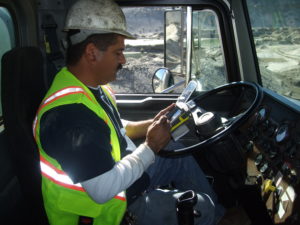
Yet, as I travel around this country today, visiting construction sites and supporting construction software, I am truly amazed and encouraged by what I see. I was part of a small group tasked with rolling out our company’s first electronic time card software. I’ve had the privilege of working with hundreds of foremen who, for the most part, had never even touched or used a computer before. I saw the tension in everyone’s faces on those first days, when we brought them into a room, sat them in front of their laptop, and said, “No more paper time cards.” Incredibly, no one failed. I don’t know of a single foreman who wasn’t able to adapt to both the program and the computer. That is a testament to the caliber of the construction, and also brings me to the final point of this discussion.
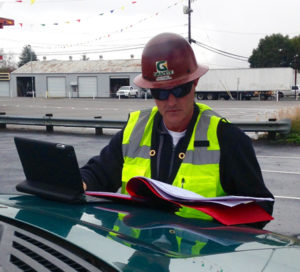
I am thrilled when I look around and see how technology is changing not only the construction industry, but also truly changing people’s lives. I personally know of at least six foremen – those same guys who had never touched a computer before – who are now working as either field engineers or project superintendents. I’m certain that most of them will also credit their exposure to the computer and technology as a factor in their advancement.
We see it everywhere now: people looking at their plans on a tablet, checking their daily job costs the moment they enter a time card. Folks setting up and using GPS grade control on their equipment, drones performing surveys and measuring stockpiles, BIM everywhere you look, and the list goes on and on. Not only is this technology innovative and exciting in how it changes the way we build things, it’s also exciting for me to know that it can be a positive influencer in a person’s career.
As it did for me, anyone willing to open themselves up to change, willing to put in a little extra time and energy to learn, and eager to use their newly acquired skills can advance in this industry. And that is a positive statement that offers encouragement to not only us old-timers, but to the new wave of tech-savvy men and women just entering the construction trades. Today, careers don’t have to start and end with a hammer in your hand, or at the end of a shovel. We still need those folks, and will always need them. But for a select few, let technology carry you along and see what heights you can soar to. They say it’s a brave new world, and I love every minute of it.
 About the author
About the author
Mike Williams, Senior Project Controls Engineer with Granite Construction, has been in the heavy/highway/civil construction industry since he was 16 years old. During this time, he has held a variety of positions and gained a range of experience, both in the field and in the office. He is currently focused on implementing software solutions in his company.
Have an article that you would like to contribute? Click here to contact us.

